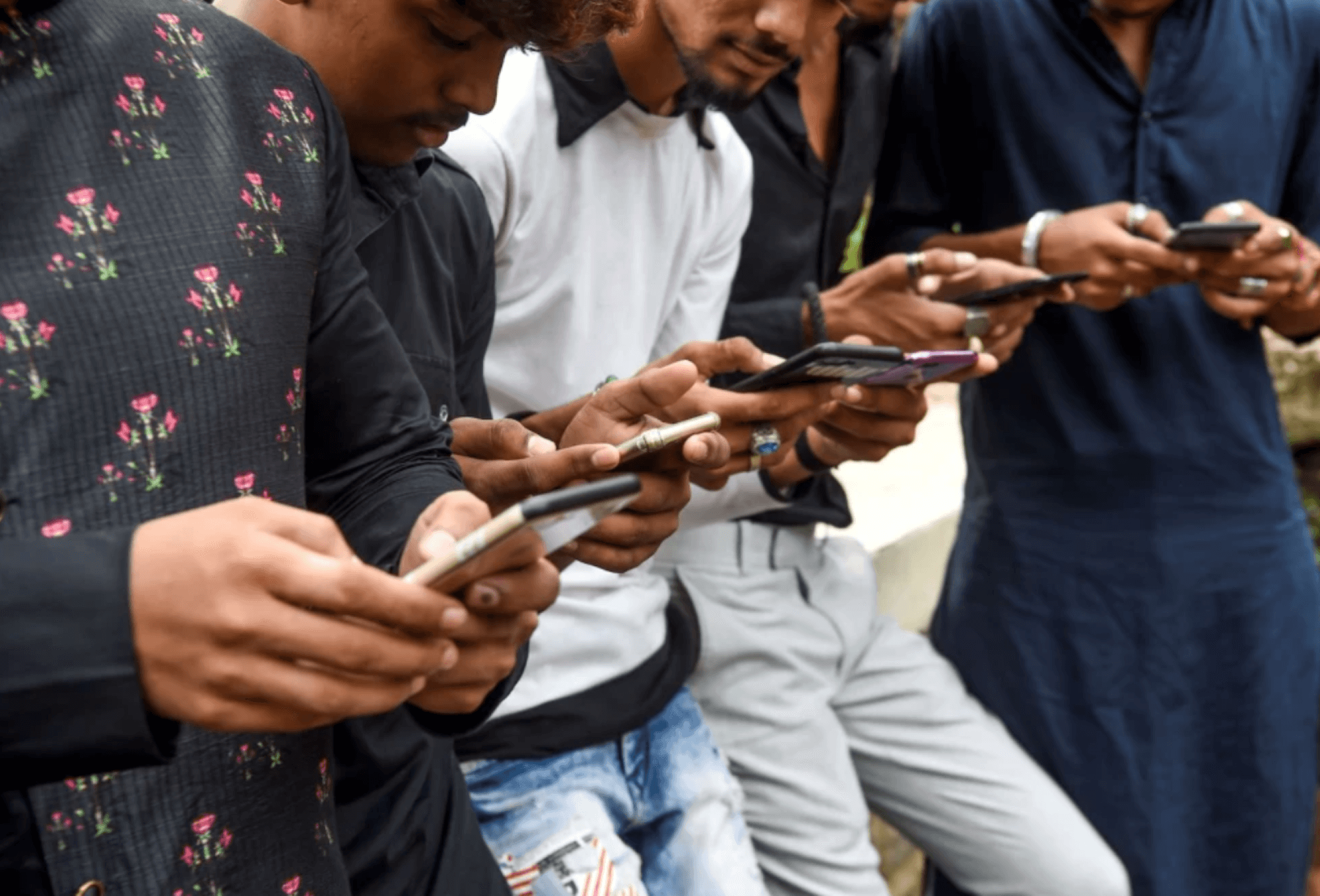Weekly Roundup 11 July, 2022


On Tuesday, Twitter filed a lawsuit against the Indian government with the aim of overturning orders to remove content injurious to the Modi administration. The U.S.-based social media company is arguing that the government’s orders violate the country’s Information Technology Act, which prohibits bans on political speech, criticism, or newsworthy information. The lawsuit is seen by many to be a direct response to the country's IT ministry, which threatened to launch criminal investigations last month against company executives for not complying with content blocking.
Twitter’s recent lawsuit is only the latest development in India’s years-long spat with Big Tech and free speech activists as the Modi government continues experimenting with mass surveillance and content moderation policies. Just last year, Indian authorities blocked or disrupted internet access over 100 times, more than any other country in the world. Though observers have applauded Twitter for challenging the government, many feel that the social media platform defined their arguments too narrowly to protect their Indian market base.
Gender and Inclusion
- The Law Commission, which oversees legislation in England and Wales, has called for extending upskirt laws to better protect victims of intimate image abuse and to ban sharing of pornographic deepfakes without consent.
Global Tech Policy
- The Belfer Center for Science and International Affairs at the Harvard Kennedy School has published a paper on the development of technology norms and the role that international politics and rivalry plays in this process. The paper suggests that to contribute positively to the development of digital norms, policymakers should be more technologically literate, encourage multi-stakeholder participation, and clearly define which standards oppose their strategic interests and values.
Open Internet
- The United Nations has recommended that companies take all legal measures possible to avoid complying with orders to shut down the internet, a move used by authoritarian governments to stifle protest and democratic conversation. In addition to their effect on democracy, Top10VPN has determined that internet shutdowns have cost the global economy 10 billion dollars since the beginning of 2022.
Cybersecurity
- Apple has announced a new security feature for iOS 16, which will allow high-risk users, such as journalists and activists, to lock down their accounts against cyberattacks and spyware. The technology will be available to all users, but due to the high level of security, enabling lock down mode will limit other functionalities, such as shared albums.
- An anonymous hacker posted on the hacker forum Breach Forums claiming to have hacked the Shanghai police database and stolen the personal data of 1 billion Chinese citizens. The post offers to sell the data for 10 bitcoin (about 200,000 USD). If the claim is true, it would be one of the largest such breaches to date.
ICT4D
- The Center for Policy Research, in collaboration with Southern Voice and the UNDP Oslo Governance Center, has released a paper on the use of technology to bolster democracy in the Global South. The paper examines how technology can benefit democratic governance, highlights barriers to this application of technology, including low technology literacy, and provides recommendations for a multistakeholder approach.
Data Protection and Privacy
- Brennan Lawson, a former Meta employee, has accused the company of allowing the Global Escalation Team to circumvent normal privacy protocol in order to access user-deleted Facebook messenger data. The team allegedly provided this data to law enforcement officials for investigations.
- A Balkan Insight investigation has revealed that Frontex, the EU migration agency, has been collecting intrusive data from migrants and adding it to the Europol database. Against the advice of internal data privacy watchdogs, Frontex expanded the Processing of Personal Data for Risk Analysis program (PeDRA), which was created to share information on cross border criminals, like human traffickers, to include data from any asylum seeker.
- Fears of lax U.S. privacy laws have led the Irish Data Protection Commission to announce it will block the transfer of European data to the US, a move which would lead to a blackout of Instagram and Facebook in Europe if confirmed by European national data protection regulators.
- In response to concerns over data privacy in the context of the U.S. Supreme Court’s repudiation of Roe v. Wade, which protected the right to abortion in the United States, Google has announced a new policy to automatically delete location data related to sensitive locations, such as abortion clinics, domestic violence shelters, and addiction treatment facilities. In addition, Google apps will increase their data transparency to give users more control over their data.
Blockchain
- The Central African Republic has launched a cryptocurrency project to foster both tech and economic development and to lower the barriers to involvement in finance. Citizens will be able to financially engage with businesses with only a smartphone, without having to pay bank account fees. However, the project, called the Sango Crypto Hub Initiative, has been criticized by the World Bank and the Bank of Central African States for a lack of transparency and the potential to destabilize the local currency.
